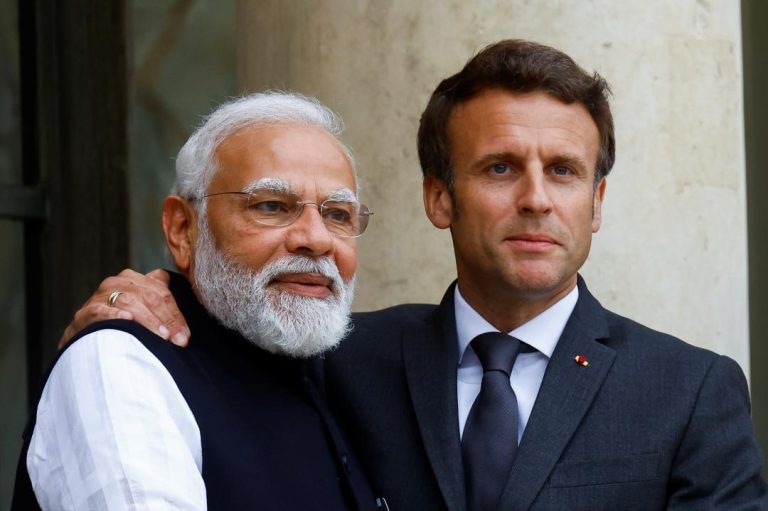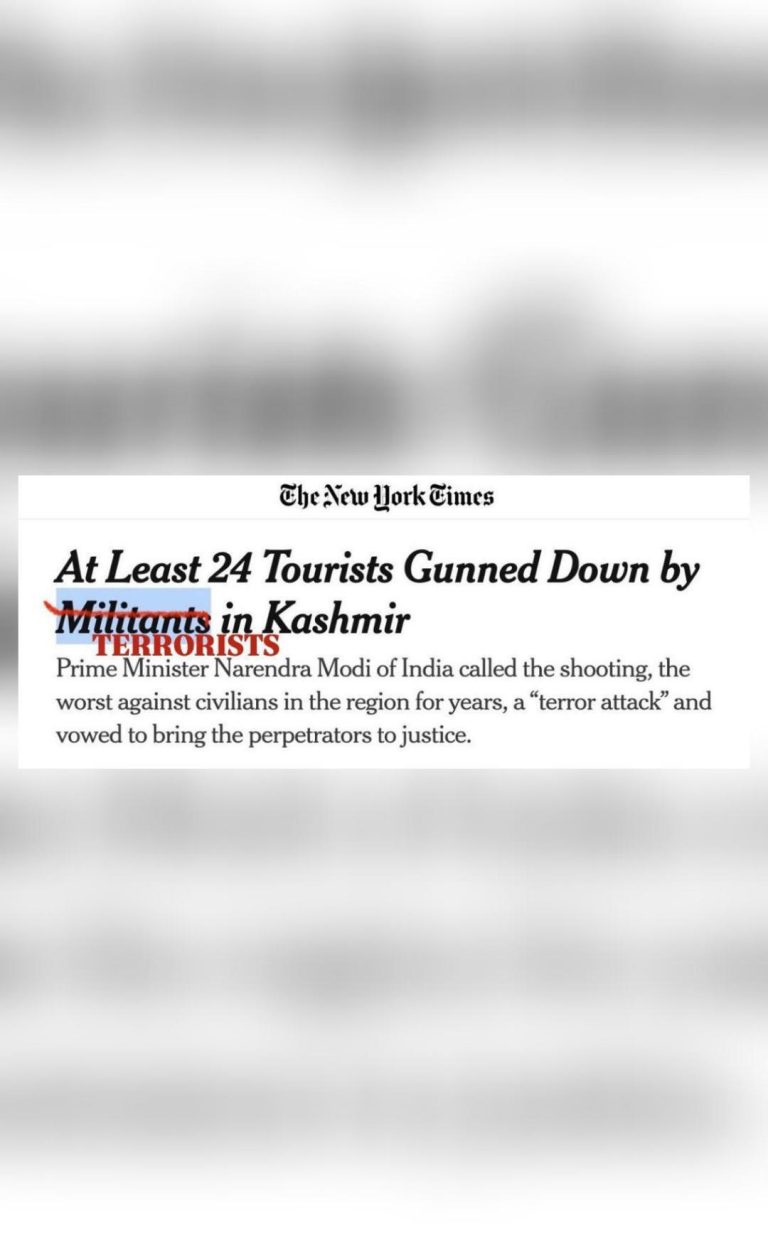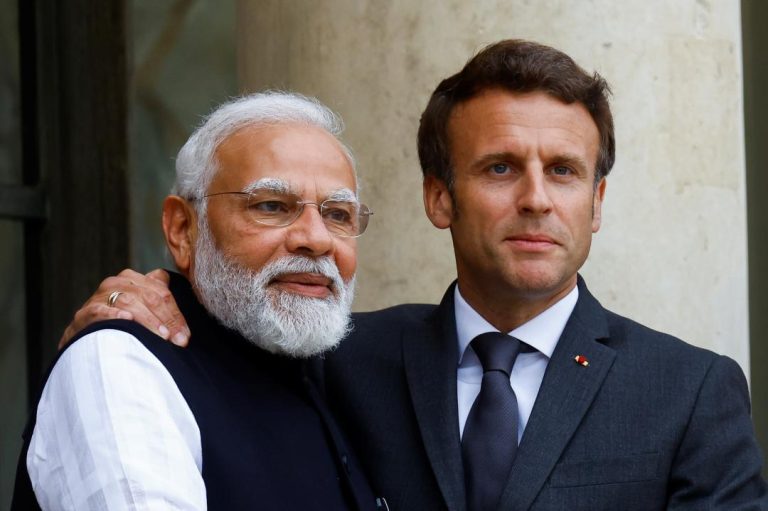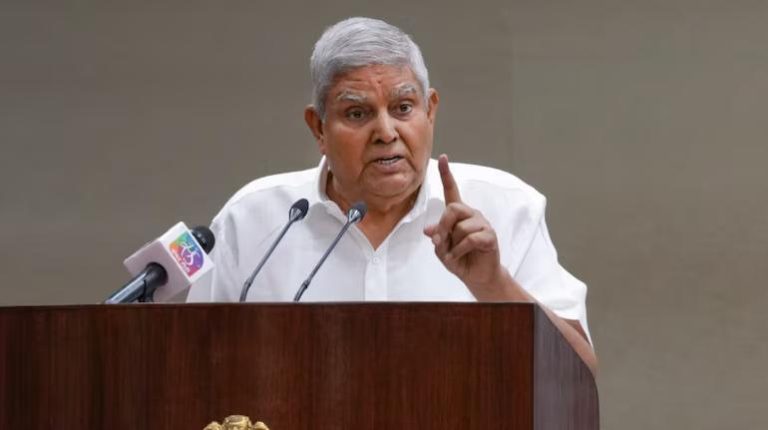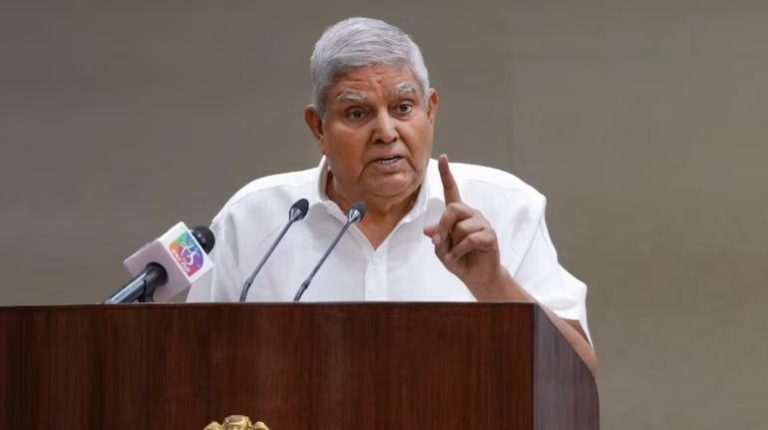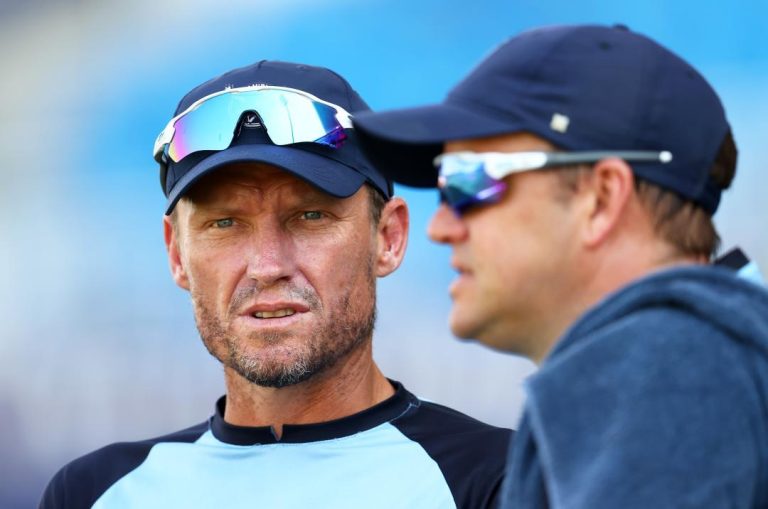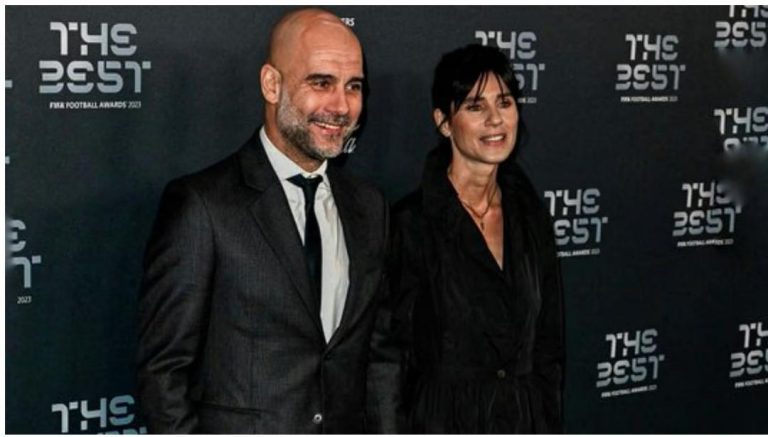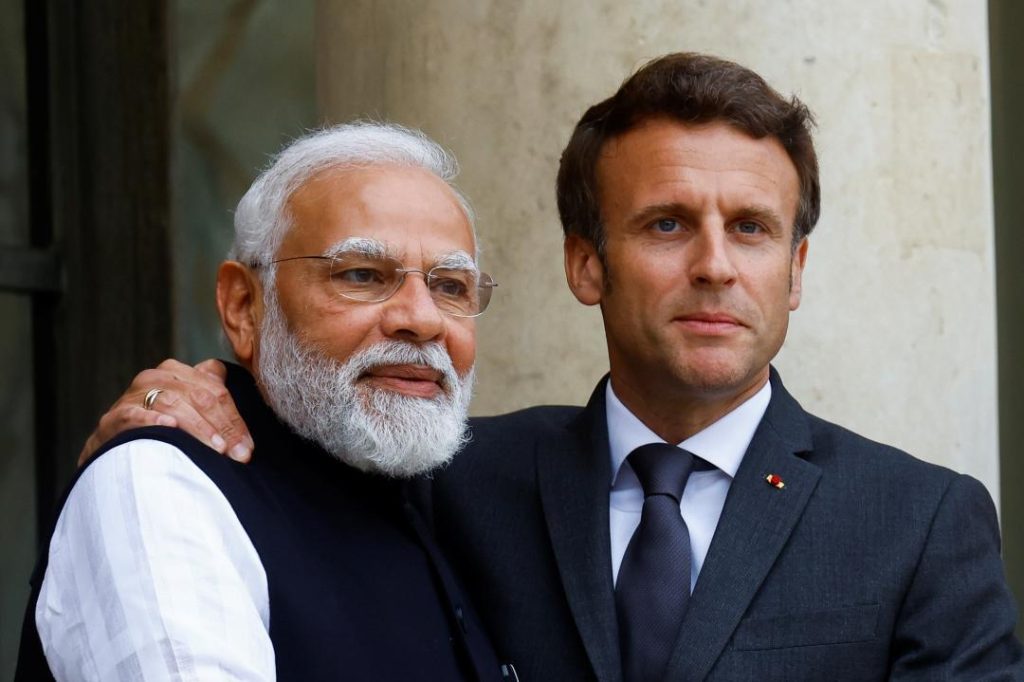
Macron calls PM Modi after J&K terror attack, offers condolences
In the aftermath of the recent terror attack in Pahalgam, Jammu and Kashmir, French President Emmanuel Macron took the initiative to reach out to Indian Prime Minister Narendra Modi and offer his condolences. The attack, which left several people injured, is a stark reminder of the ongoing challenges faced by the region in terms of terrorism and violence.
According to sources, Macron made the call to Modi on Thursday to express his “personal” condolences over the incident. The French President condemned the attack in strong terms, stating that “this kind of barbarism is totally unacceptable.” His message was met with gratitude and appreciation from Modi, who thanked him for his words of support and conveyed India’s firm resolve to bring the perpetrators of the attack to justice.
The incident in Pahalgam is just the latest in a series of attacks that have targeted innocent civilians in Jammu and Kashmir. The region has been a hotbed of terrorism for decades, with various extremist groups using violence and intimidation to achieve their goals. While the Indian government has taken numerous steps to address the issue, including deploying additional security forces and implementing measures to curb the spread of extremist ideology, the problem remains a major challenge.
In recent years, there have been several high-profile attacks in the region, including the 2019 Pulwama attack that killed over 40 Central Reserve Police Force (CRPF) personnel. The attack, which was claimed by the Jaish-e-Mohammed (JeM) terrorist group, sparked widespread outrage and calls for action against the perpetrators.
The French President’s call to Modi is a significant development in terms of international support for India’s efforts to combat terrorism. France has long been a key partner for India in the fight against terrorism, and the two countries have collaborated closely on a range of issues related to counter-terrorism and security.
Macron’s message of support comes at a time when India is facing a major challenge in terms of dealing with the aftermath of the Pahalgam attack. The incident has left several people injured, and the region is still reeling from the shock of the attack. In addition to the immediate response to the attack, the Indian government is also working to address the underlying issues that contribute to the spread of terrorism in the region.
One of the key challenges facing India is the need to address the economic and social grievances of the people in Jammu and Kashmir. The region has been plagued by poverty, unemployment, and political instability for decades, and many young people have been drawn to extremist groups as a result. Addressing these issues will require a sustained effort by the Indian government, including the implementation of economic and social programs designed to improve the lives of the people in the region.
Another major challenge facing India is the need to improve its intelligence gathering and response capabilities. The Pahalgam attack was carried out by a group of heavily armed terrorists who were able to infiltrate the region undetected. This highlights the need for India to improve its intelligence gathering capabilities and to develop more effective response strategies in the event of an attack.
In addition to these challenges, India also faces the need to improve its relations with Pakistan, which has long been a key player in the spread of terrorism in the region. While Pakistan has taken some steps to crack down on terrorist groups in recent years, many experts believe that the country still provides safe haven to many extremist groups. Improving relations with Pakistan will require a sustained effort by the Indian government, including the implementation of confidence-building measures and the development of a more cooperative approach to addressing the issue of terrorism.
In conclusion, Macron’s call to Modi is a significant development in terms of international support for India’s efforts to combat terrorism. The French President’s message of condolence and support is a powerful reminder of the need for the international community to come together to address the issue of terrorism. As India works to address the aftermath of the Pahalgam attack and to develop a more effective response to the challenge of terrorism, it will be essential to build on this level of international support and to work closely with other countries to achieve a common goal.
